Lockdowns and government restrictions due to the COVID-19 pandemic have created an environment where many individuals are either suffering from poverty and starvation right now or will be in the near future. As people become more desperate to meet their most basic daily needs, they will undoubtedly become more vulnerable to falling victim to the tactics of human traffickers.
In addition, it's important to recognize that traffickers themselves and their criminal enterprises have most likely seen a decrease in income. As a result, these perpetrators will be tenaciously looking for people they can prey upon. In light of this disheartening reality, we realize the need to be even more vigilant about finding the one who is in danger of being exploited and abused.
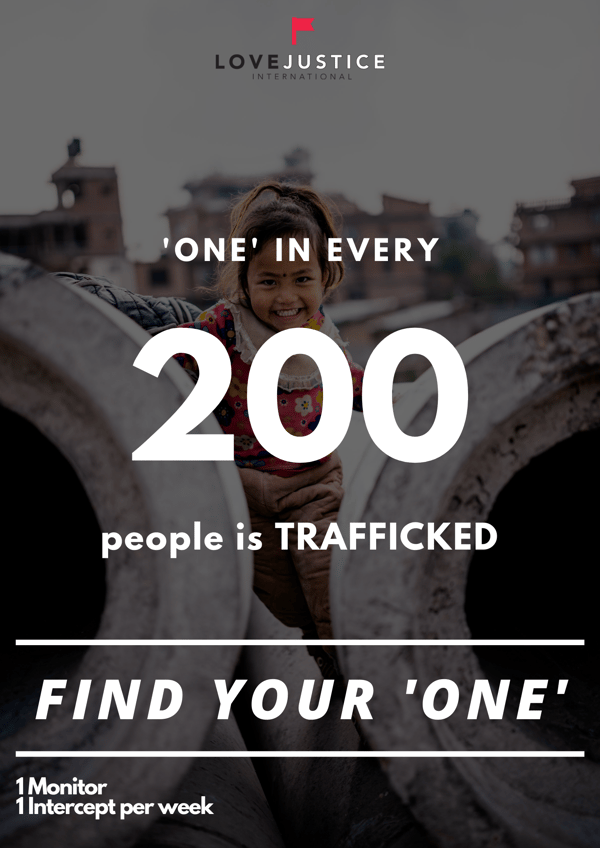
In response, Ryan Sobey, our vice president of Africa anti-trafficking, designed a campaign to inspire our monitoring teams on the ground with a heightened sense of urgency during the COVID-19 pandemic. He shares, "I wanted to encourage and inspire monitors to go the extra mile and search for the ‘one’ like it's their very own family member in danger of becoming a victim of this horrific crime. If every monitor intercepts just one person a week, we would end up with between 250 and 400 intercepts per month. Through this campaign, the number of people prevented from the potential of entering a life of slavery has already jumped up by about 20%–30%."
Through our unique anti-trafficking strategy, we position our highly trained monitoring staff in key transit locations to find and help people who are being lured into human trafficking with false promises of lucrative employment, opportunities to gain an education, or even marriage. Our monitors are present to not only prevent people from entering an exploitative situation but also to educate them about the dangers and realities of modern-day slavery and inform them on how to ensure an opportunity is a legitimate one. Watch the following video to learn more:
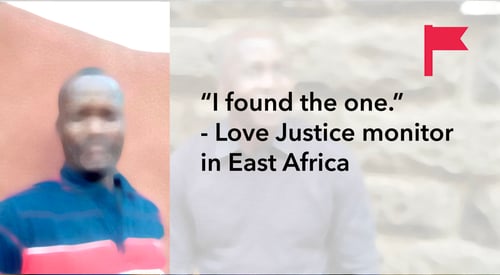
- Deception
- False promises
- Lies about the destination
- False or forced marriage
- Abduction
- Threats
- Drugging
- Debt bondage (forced labor)
- Witchcraft
- Forged or falsified documents
- Enforced confiscation of identity documents
- Separation of a minor from their guardian without consent (child trafficking)
It is important to understand that in many parts of the world, there is a hierarchy of human value. These different social or caste systems have various ways of determining who is valuable and who is not in society. Selling someone becomes a viable financial opportunity for an individual who has grown up in a community that doesn’t value that particular type of person. It's also difficult for most of us to comprehend that in many trafficking situations, there is a desperation of poverty that makes millions of people more vulnerable to these types of deception.
Recently, a 17-year-old girl from Tanzania named Johari* was offered a job over Facebook. A Kenyan contact on the social platform invited her to travel to Nairobi for a domestic service position. She was preparing to cross the border into Kenya when our team received a tip from one of their informants about her potentially dangerous situation. Our staff immediately located her and asked her several questions. Based on her responses, they determined that she was at a high risk of being trafficked. They counseled her about the danger of continuing to travel, and they warned her that due to the lockdowns, it would be extremely difficult for her to get to Nairobi. After talking with our team, Johari was convinced that she should no longer pursue the job opportunity. Our staff collaborated with several local contacts and border officials to raise enough money to pay for her bus fare to return to her brother’s home in Arusha. When Johari arrived in Arusha, she contacted our staff to let them know she was safe.
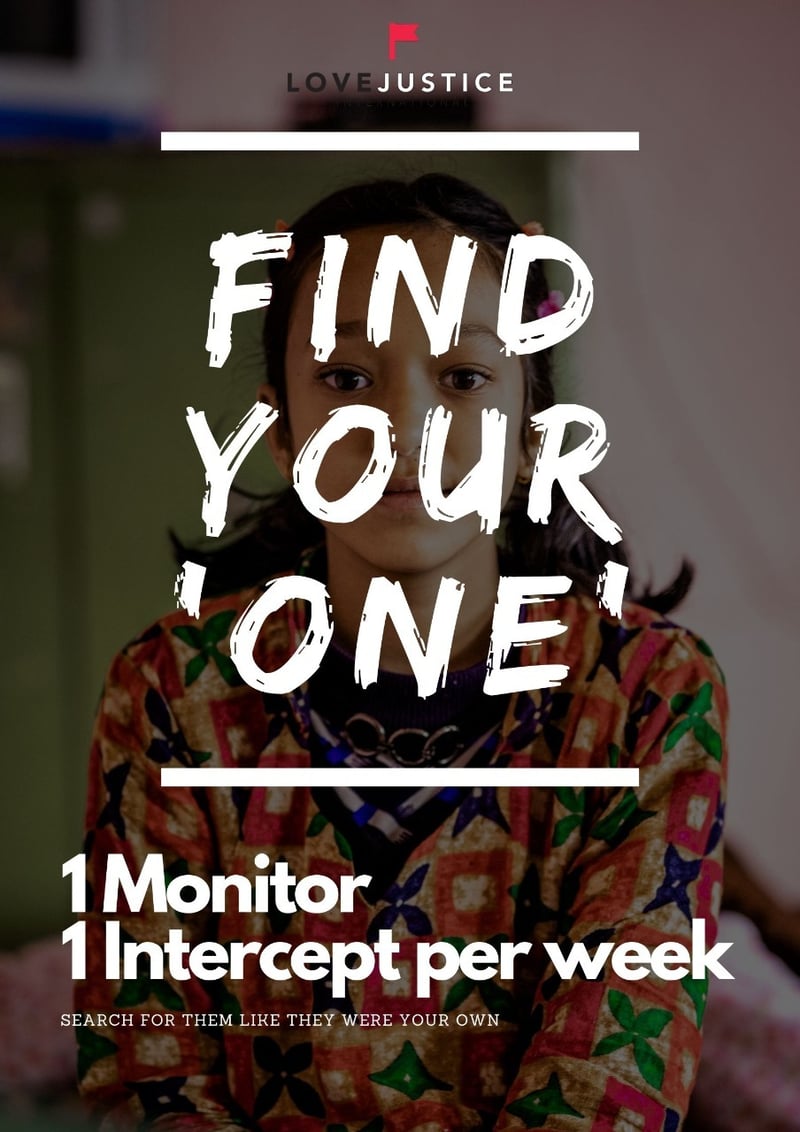
All of us can play a vital role in searching for those in danger of being trafficked as if they were our own—even if we can't be present on the front lines. "We need to be more on our guard than we have been in the past," states Sobey. Visit here to learn more about how we are serving the most vulnerable and implementing innovative strategies to stop modern-day slavery.
*All content, data, and statistics current at the date and time of publishing. Names changed for the security and privacy of those involved.
-1.png?width=500&height=500&name=LJI_MAINLOGO_WhiteBackground%20(1)-1.png)



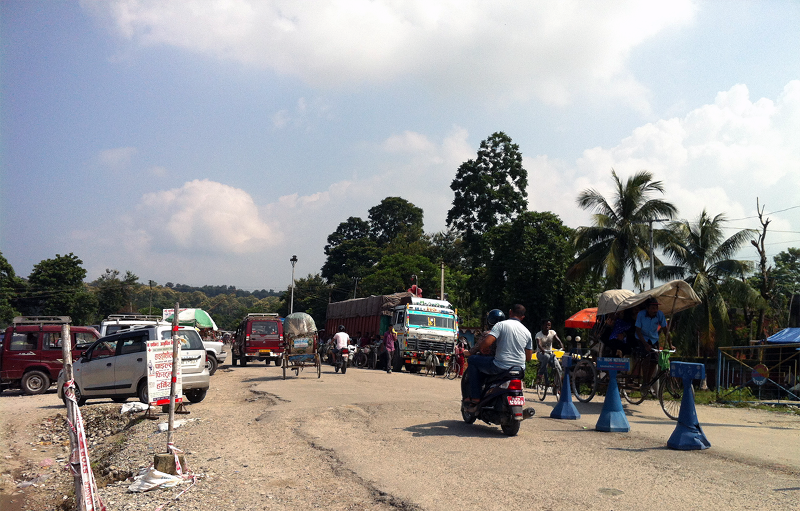
/bimala_feature_blog.webp)
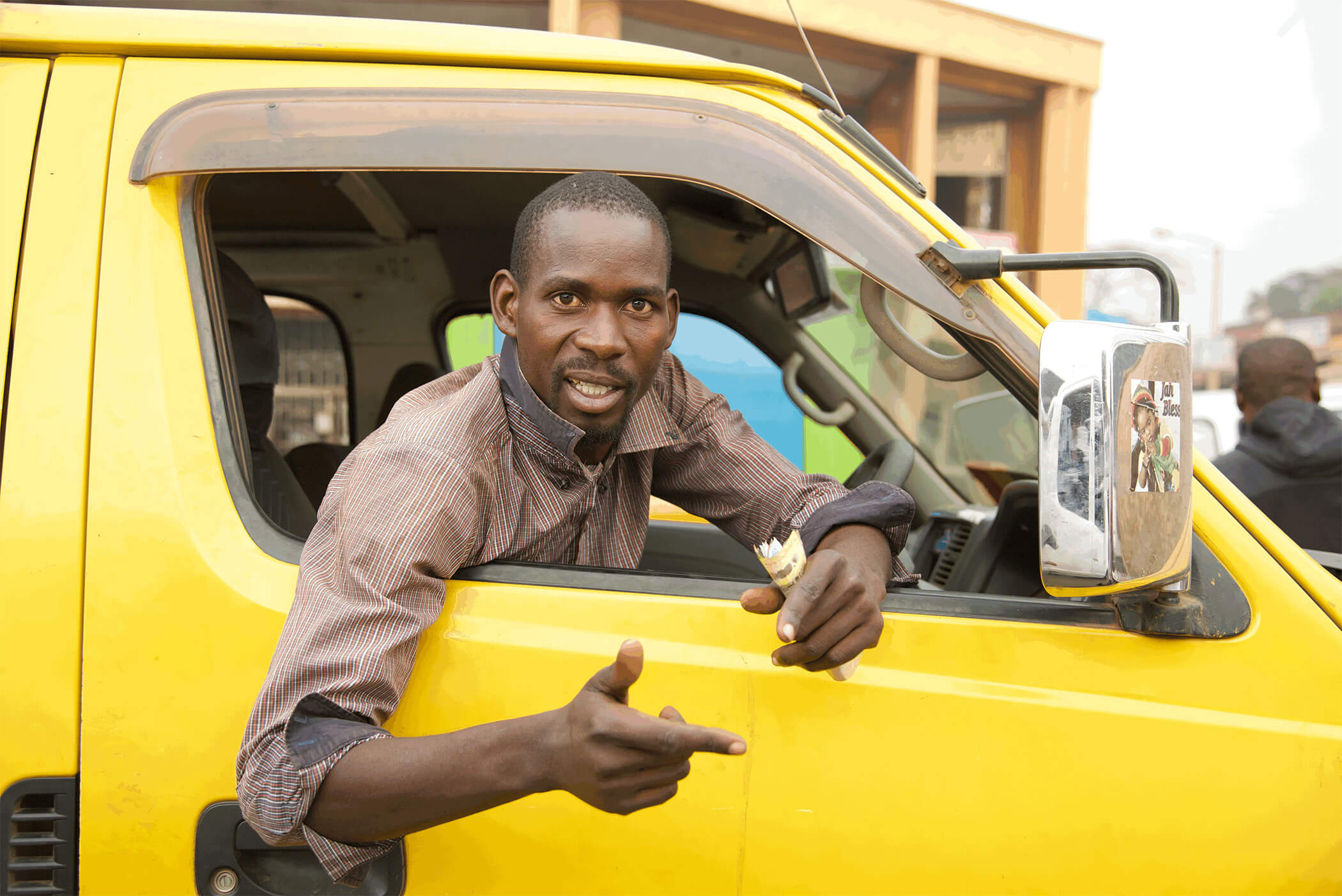
/boy_girl_asia_streets.webp)


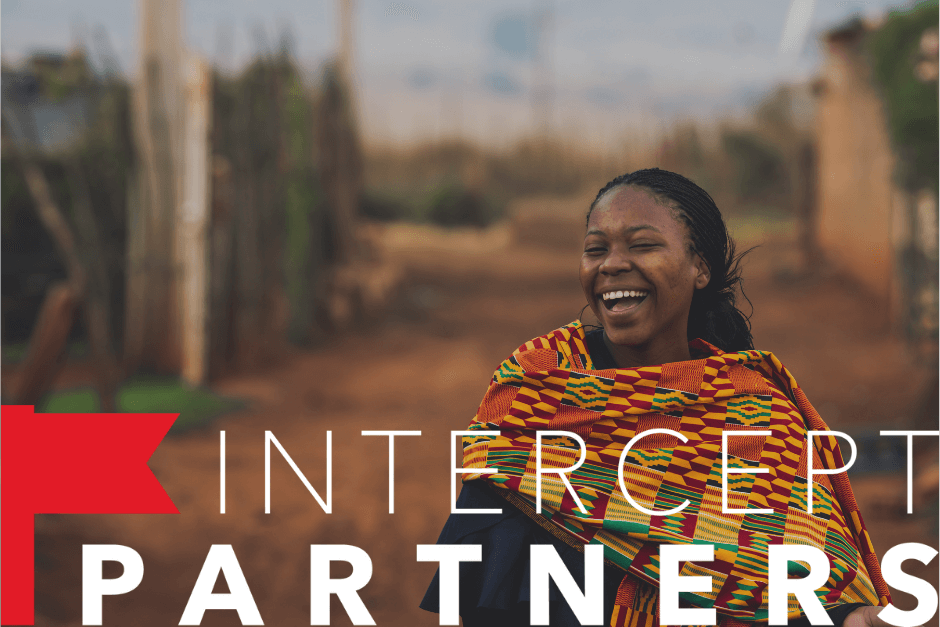

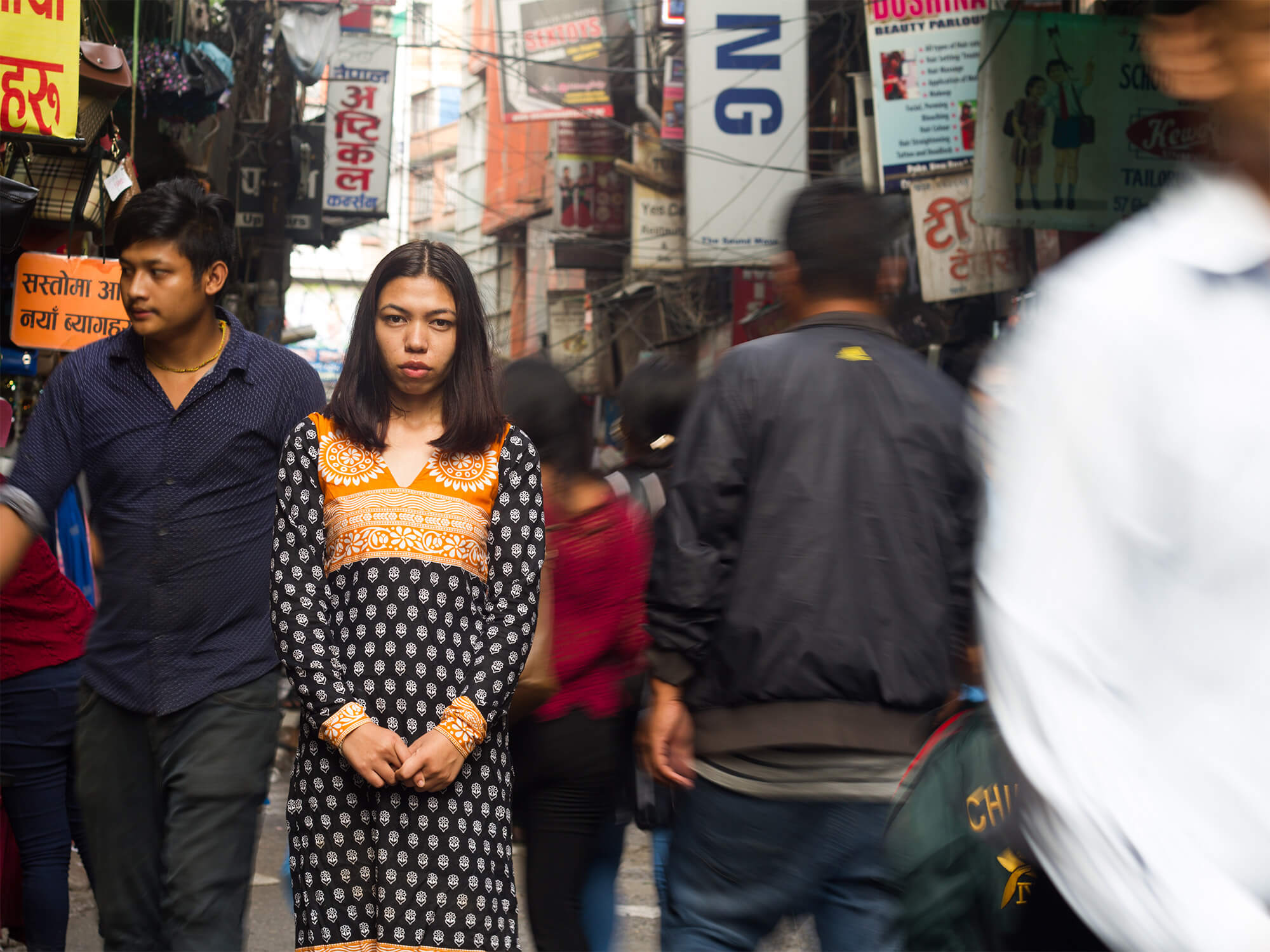


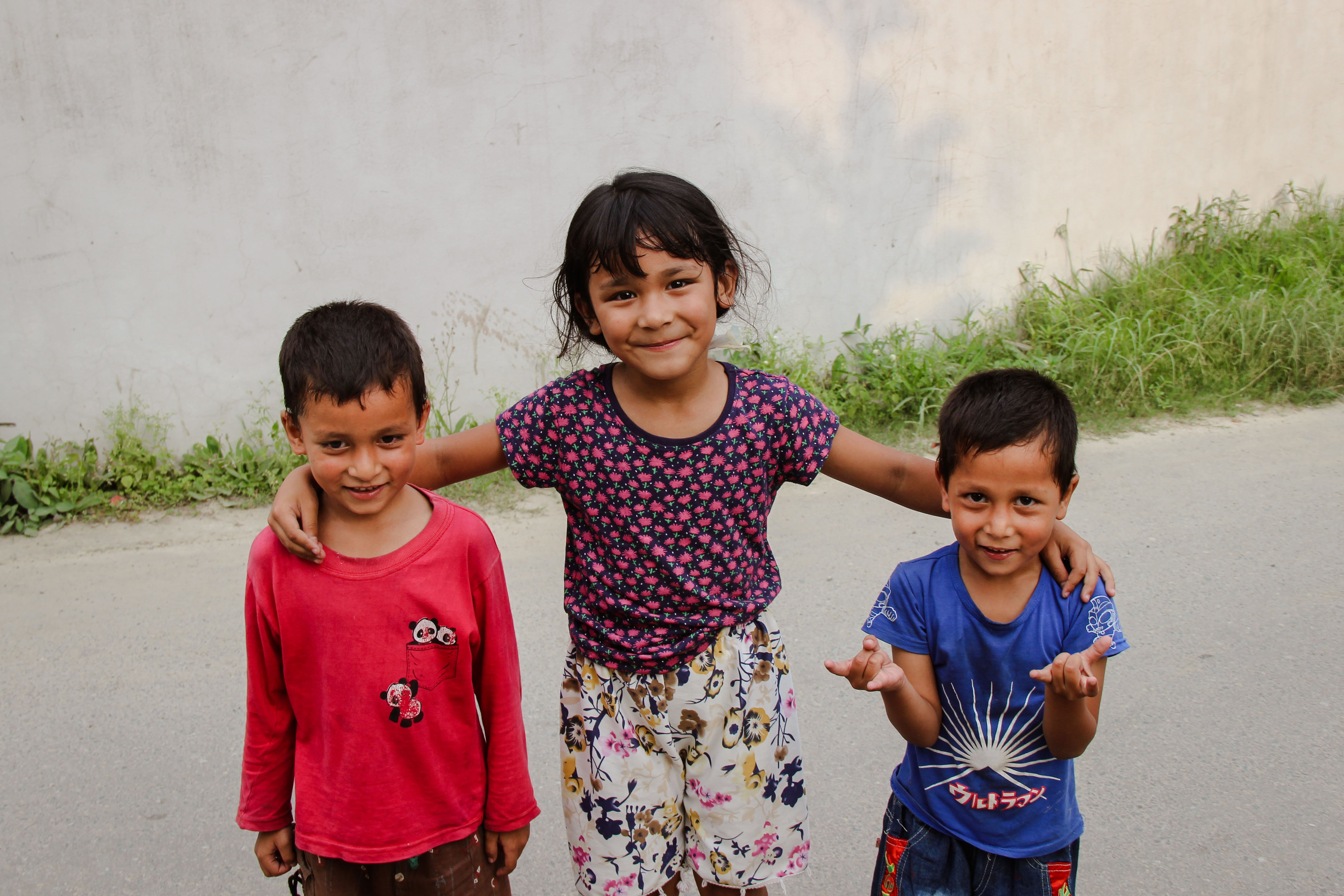
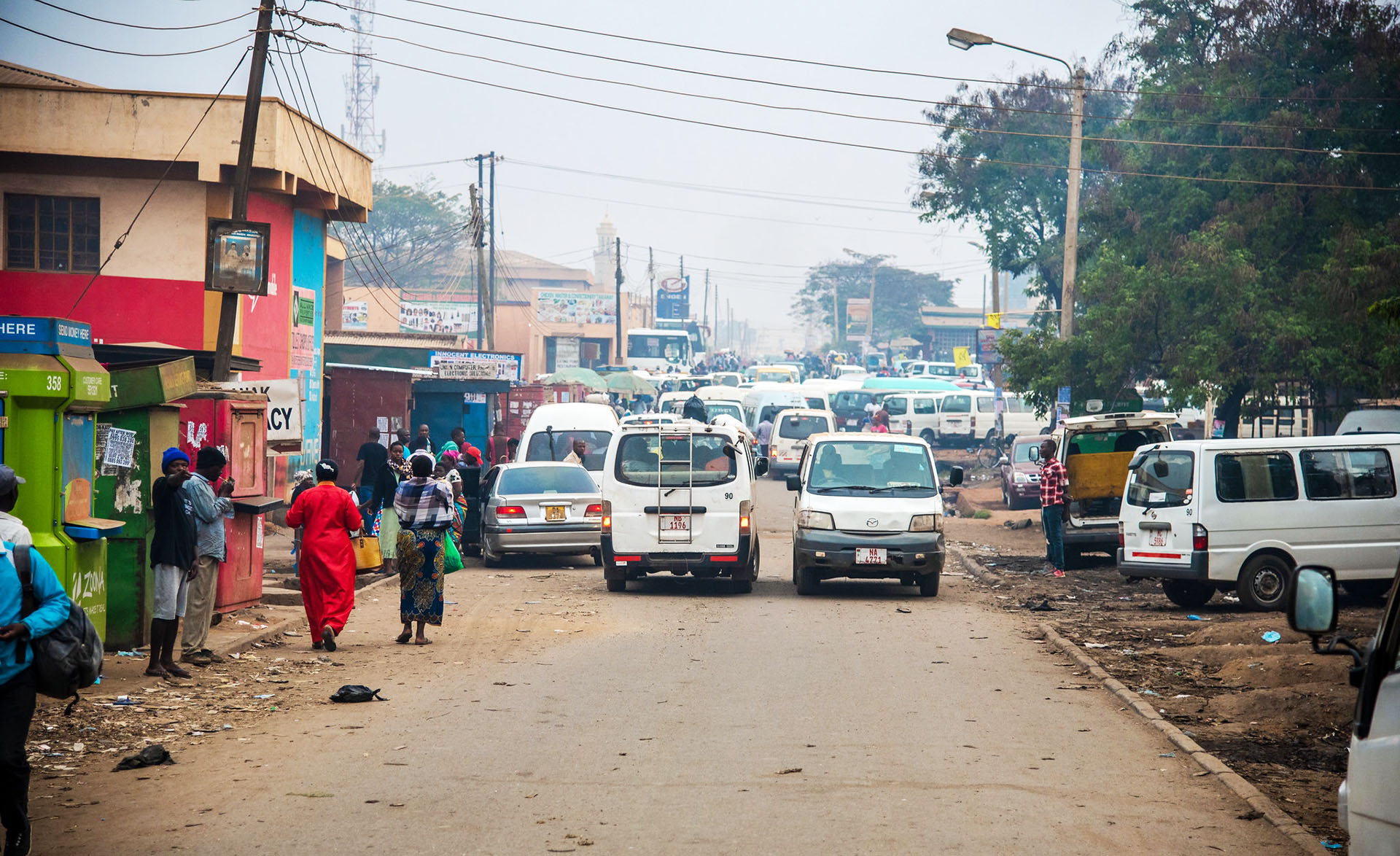
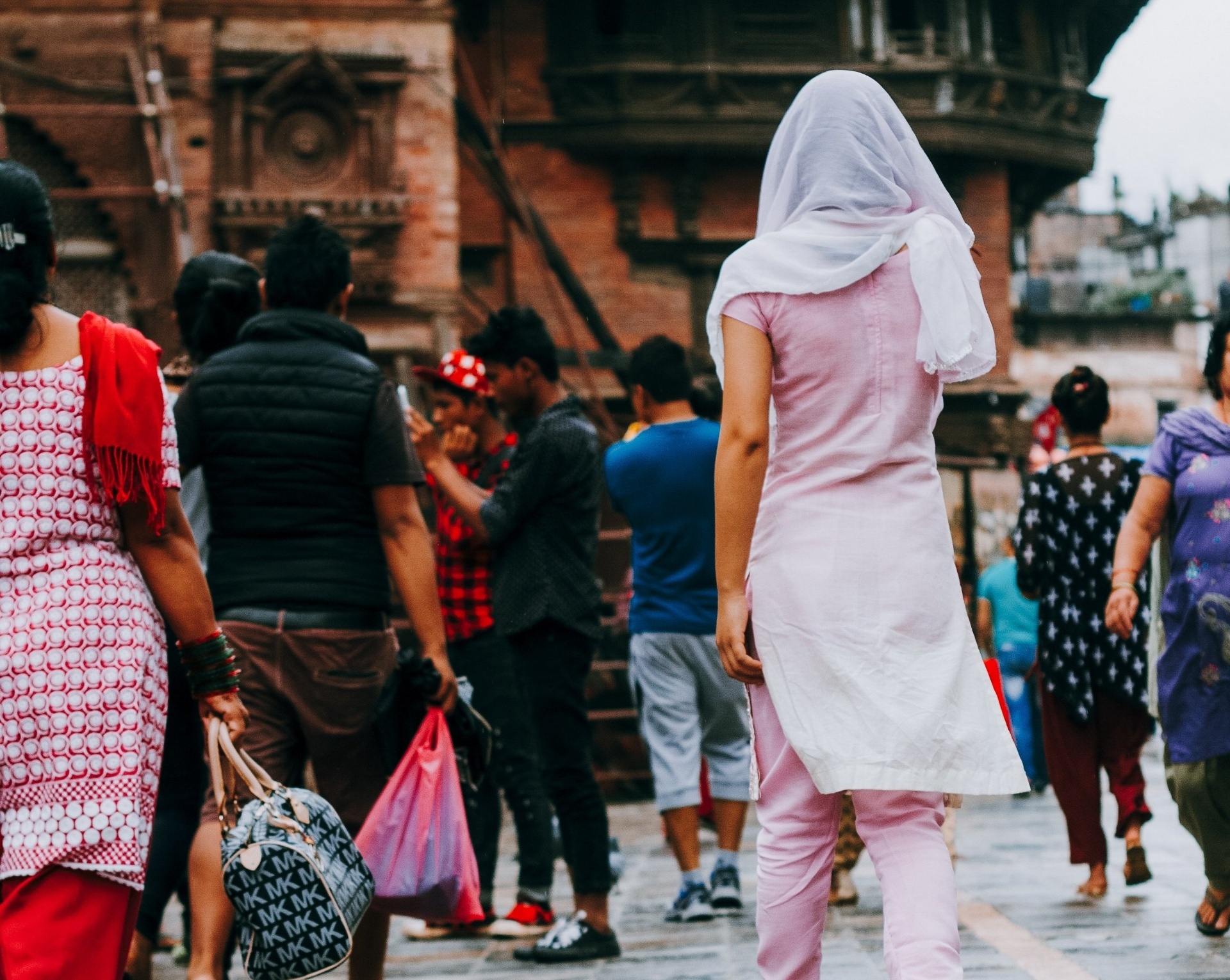
-1.jpg)
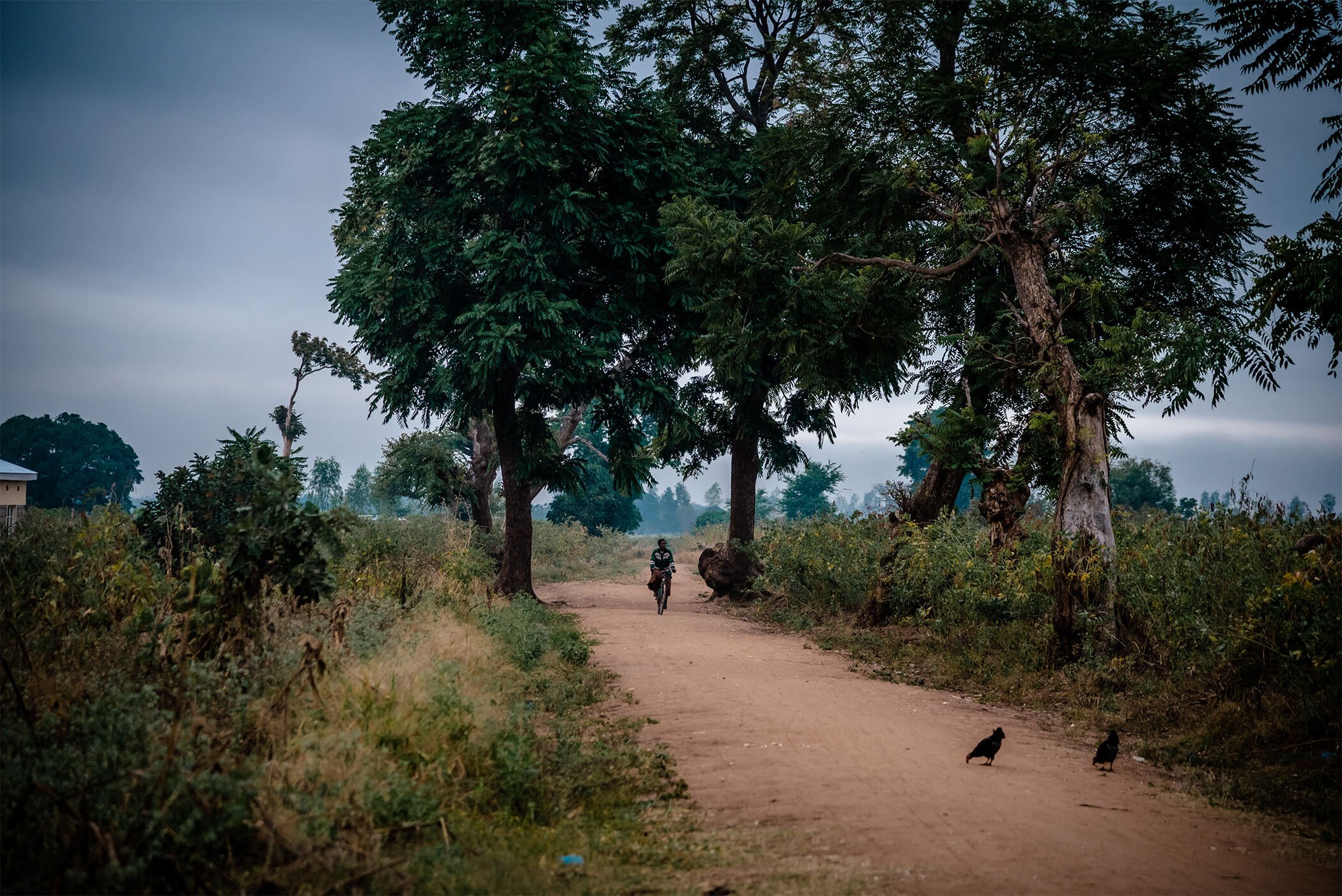
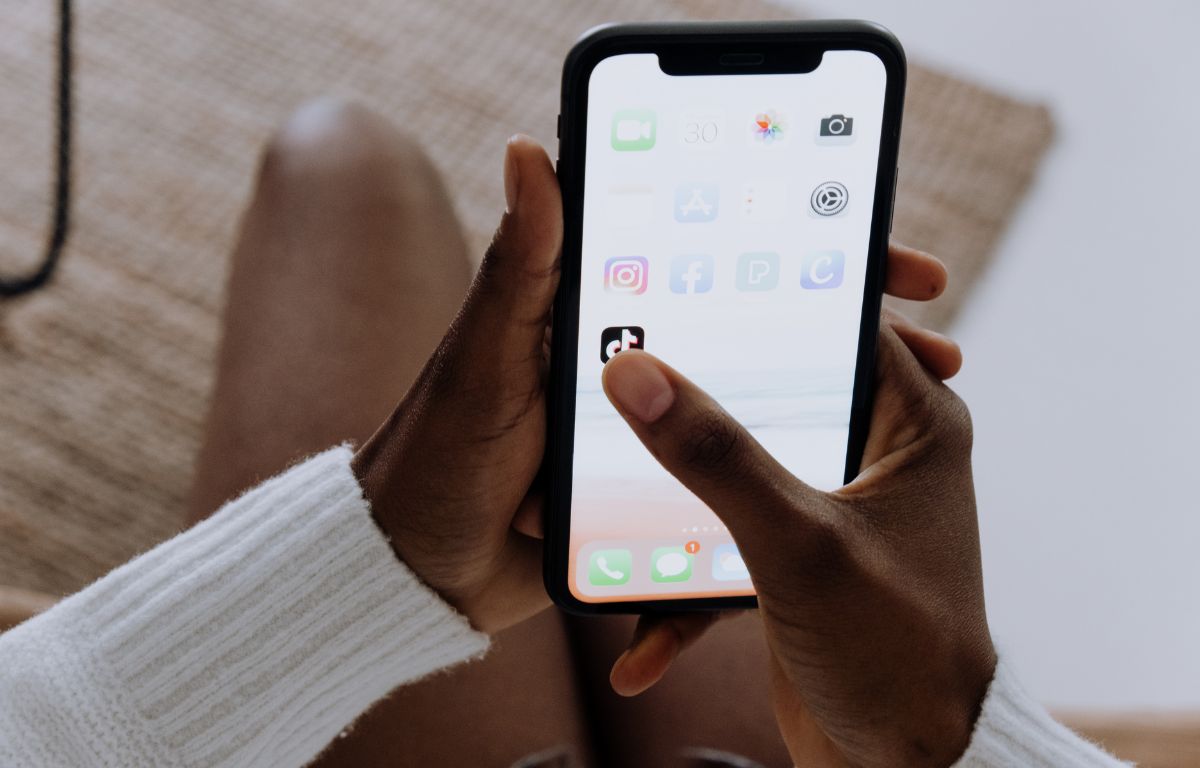
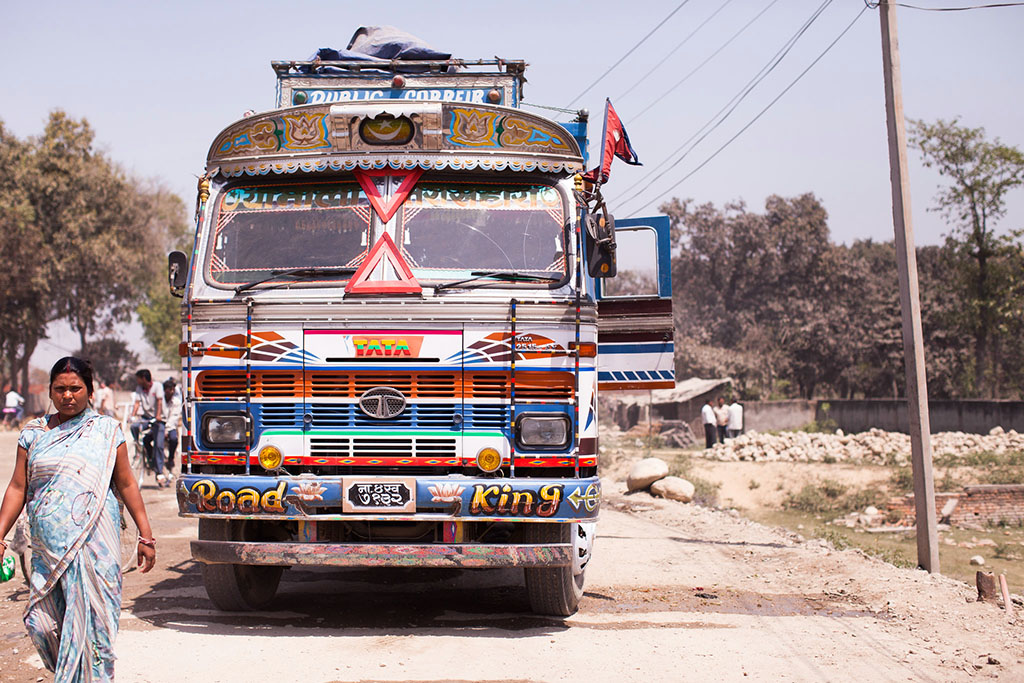
/woman_africa_beige_sweater.webp)
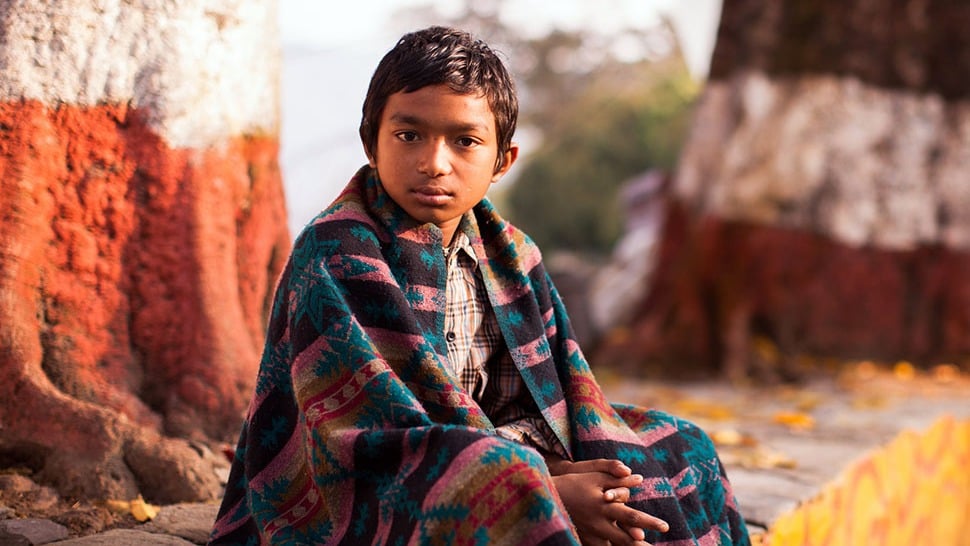
/girl_field_walking_africa_3.webp)
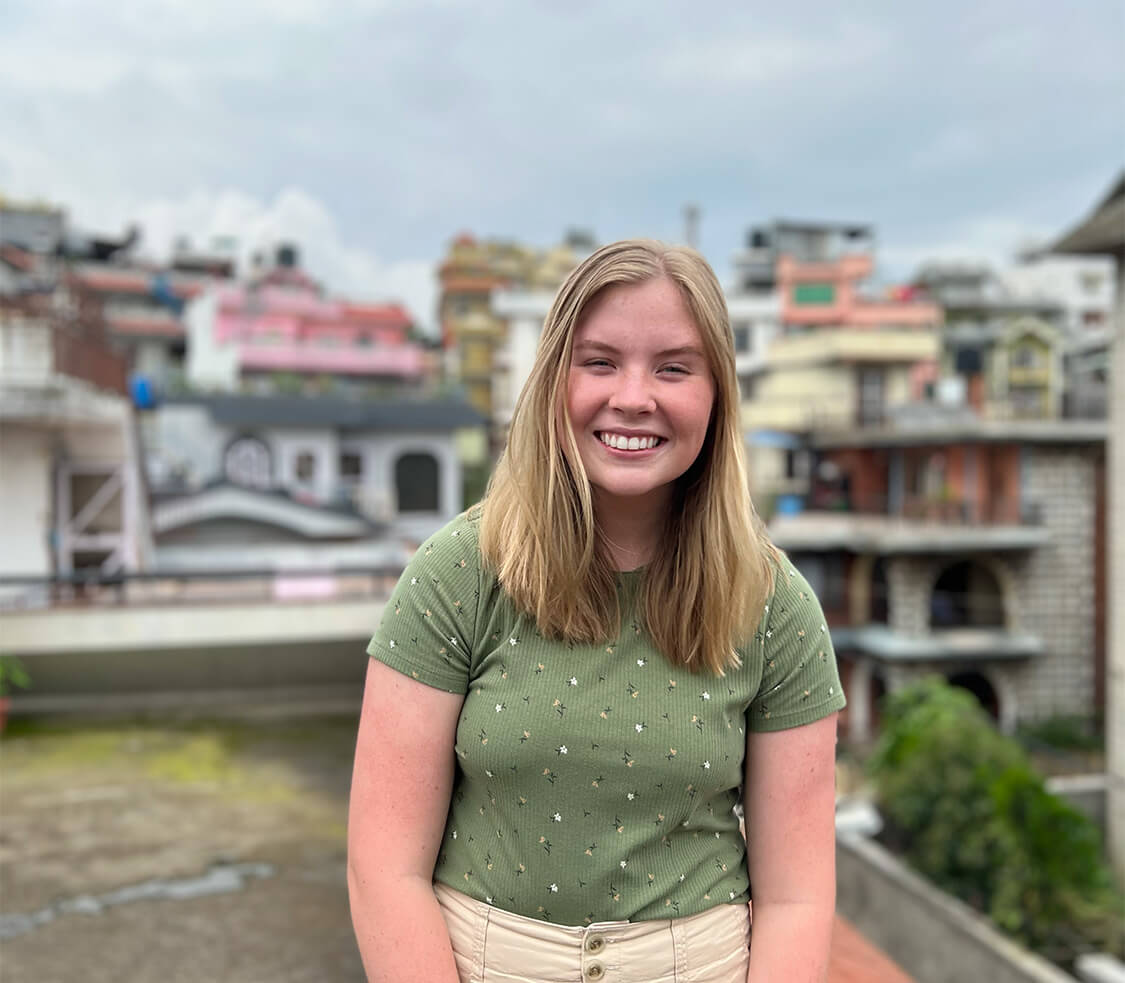




Post a comment